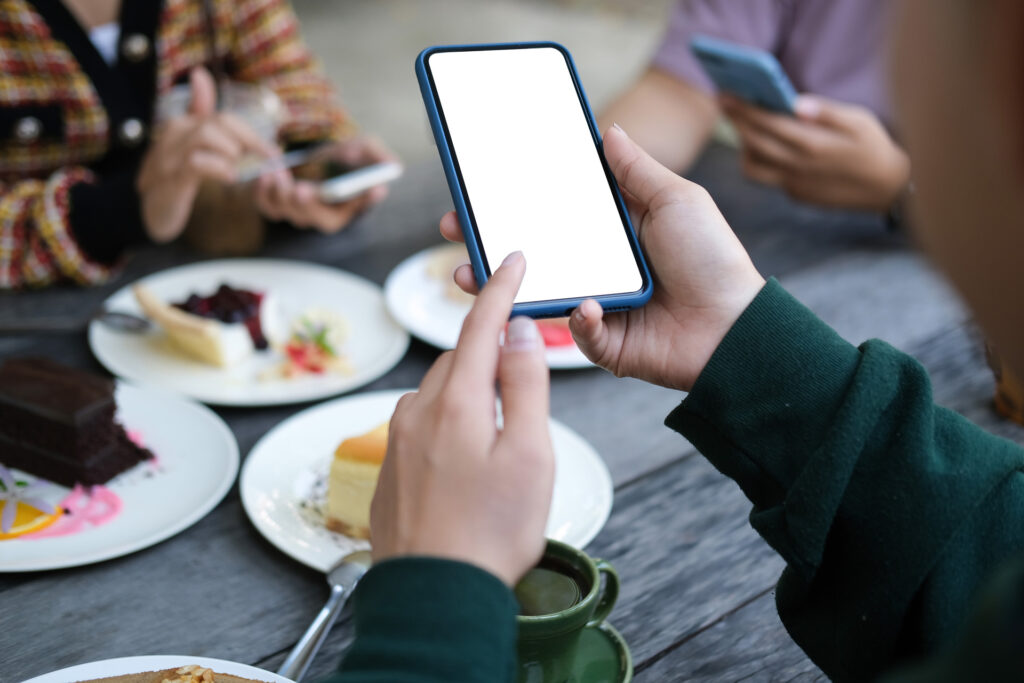In today’s digital age, social media has become an integral part of our lives, providing a platform for sharing personal moments, connecting with others, and even expressing our opinions. However, for individuals involved in personal injury lawsuits, social media activity can significantly impact the outcome of their case. This article explores how social media posts, photos, and interactions can affect personal injury claims, offering real-world examples to illustrate the potential pitfalls and legal considerations.
We expect social media to be increasingly scrutinized as technology allows for cheaper and deeper analysis than other methods of investigation and review.
Social Media as Evidence:
Posts, Photos, Check-Ins
Social media posts and photos can provide compelling evidence in personal injury cases, both for and against the claimant. Insurance companies and defense attorneys often scrutinize social media activity to find inconsistencies in the claimant’s account of their injuries. For example, a plaintiff who claims to be suffering from severe back pain but posts photos of themselves engaging in physical activities, such as hiking or dancing, can severely undermine their credibility. In one notable case, a California woman lost her case after her insurer found Instagram photos of her on vacation and at a party, despite claims of severe depression and inability to leave her home.
Status Updates and Comments: Unintended Admissions
Status updates and comments can also be used as evidence in personal injury lawsuits. Plaintiffs may inadvertently make statements that contradict their claims or suggest that their injuries are not as severe as alleged. For instance, a claimant who posts a status update about feeling great after an accident may cast doubt on their injury claims. In another case, a New York woman who sued for damages after a fall was questioned about her Facebook comments where she expressed excitement about attending a concert shortly after the incident, leading to doubts about her injury severity.
Misconceptions About Privacy: The Murky Role of Privacy Settings
Many individuals mistakenly believe that their social media activity is private if their profiles are set to “friends only.” However, courts have ruled that social media content, even with privacy settings, can be subpoenaed and used as evidence. This misconception can lead to plaintiffs posting content that they assume will remain confidential, only to have it surface in court. In a personal injury case in Pennsylvania, a judge ruled that the plaintiff’s private Facebook messages and posts were discoverable, leading to the dismissal of the lawsuit due to conflicting evidence.
Deleting Content: A Risky Move
Some plaintiffs may consider deleting potentially damaging social media content. However, this can be seen as spoliation of evidence, which can have serious legal repercussions. Courts may impose sanctions, dismiss claims, or instruct juries to assume that the deleted content was unfavorable to the plaintiff’s case. For example, in a Virginia case, a man was fined $180,000 for deleting Facebook photos and instructing his wife to do the same, actions that were deemed to have obstructed justice.
Real-World Example: The Case of the Skiing Plaintiff
In one case, a woman who sued for injuries sustained in a car accident claimed that she could no longer enjoy her hobbies or live an active lifestyle. However, her social media profiles revealed recent photos of her skiing and participating in outdoor activities. This evidence was used to challenge her credibility and ultimately led to a reduced settlement.
Real-World Example: The Partygoer Plaintiff
In another instance, a man who filed a personal injury lawsuit after a workplace accident claimed that his injuries had left him bedridden and unable to participate in social activities. Yet, his social media activity showed him attending parties and social events. The defense used this evidence to argue that the plaintiff’s injuries were exaggerated, resulting in a less favorable outcome for the plaintiff.
Let Us Help You Claim What You Deserve
Social media can significantly impact the outcome of personal injury lawsuits. Plaintiffs must be mindful of their online presence and the potential implications of their social media activity. By understanding how social media can be used as evidence, individuals can take proactive steps to protect their claims. If you or a loved one is involved in a personal injury case, consider consulting with a personal injury attorney who can provide guidance on managing your social media activity and ensure your rights are protected throughout the legal process.
If you have a case and have questions about how you should proceed, call Harsh Law at (909) 793-6261 today for your complimentary consultation.



